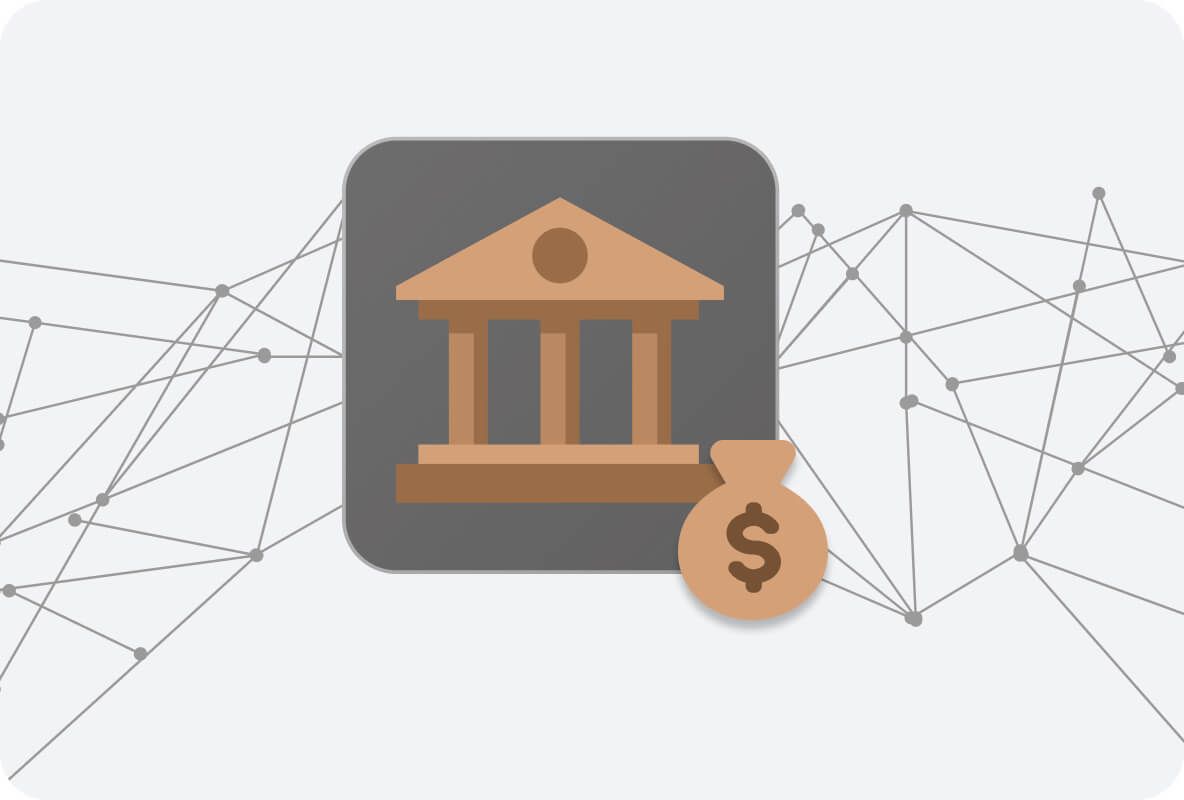HomeIs Capital.com safe?
Your safety is our priority. Here’s how we protect your money and data, and maintain a robust trading platform trusted by 798,000+ traders worldwide.

Your money is ring-fenced from ours at top banks – it’s never used in our operations.
We top up your account automatically if it goes below zero.
You can protect your money with in-app tools that close your positions automatically.
Your information and payment security is guaranteed by our adherence to ISO 27001 and PCI DSS.
You can rest assured that we use market-leading security solutions to keep your data safe.
Your money and data is managed by highly trained professionals, subject to a rigorous permissions system.
We’re regulated across five financial jurisdictions globally, including the Securities Commission of The Bahamas (SCB). This means that your money is protected in a range of ways.

The funds you deposit with us are protected in line with regulations. This means that, without exception, your money is held in segregated accounts at regulated banks. We can never use your money in the course of our operations.

In line with regulatory requirements, your account has negative balance protection. This means that if you’re a retail client, your trading losses can never exceed the funds on your account.

In our app, you can take control of exactly how much you’re risking by adding a guaranteed stop-loss to your position. This ensures that, no matter what, your position will close at the stop level you choose. You’ll pay a fee to guarantee protection against slippage.

We’re compliant with ISO 27001, the global benchmark for information security, and PCI DSS (Payment Card Industry Data Security Standard), which helps ensure global data security measures.

We use top-tier solutions to protect against attacks, including DDoS. This helps ensure stability and uninterrupted access to your account. Our skilled security team – employed through a rigorous selection process – continuously monitors systems, to detect and respond to threats quickly.

Your data remains encrypted whether it’s being sent or stored, thanks to our strong internet protocol security virtual private network (IPSec VPN), transport layer security (TLS), and algorithmic database encryption. Our infrastructure is built on data centres and cloud service providers that ensure a high level of data security.

We use a Domain-based Message Authentication, Reporting & Conformance (DMARC) email authentication protocol to prevent phishing scams and train all our staff regularly on maintaining cybersecurity.

Your sensitive information can only be seen by authorised members of our team, thanks to identity and access management processes.
Discover why over 798,000 traders have chosen Capital.com as their broker.
At no extra cost to you, we’ve purchased insurance to protect your funds. That means you’ll be covered for losses in excess of $20,000, up to $1,000,000, in the unlikely event of insolvency.

